Pudhupettai
Pudhupettai
5 stars out of 5 : Outstanding
Year :2006
Language : Tamil
Director : Selvaraghavan.
Disclaimer – I did not understand all the dialogues in this film, as my understanding of Tamil is inchoate.
I have seen three movies ,at the time of writing, directed by Tamil director Selvaraghavan and, remarkably, all three have been outstanding films. Kaadal Kondaen and 7/G Rainbow Colony were love stories- raw, jagged, stylish and above all, powerful. They cut the fluff and grabbed the heart. And in 2007, this helmer has created another grunge masterwork – Pudupettai – which is relentless in its delineation of barbarism and current-day skeleton of so many Indian milieus. In Pudhupettai, Selvaraghavan does what he excels at doing – taking a boy from the lower socio-economic class and thrusting him into the center of a maelstrom. Unlike lesser directors, he doesn’t baby his boy, rather he lets him be a man, secure in the knowledge that death has no dominion over audacity. The film thus ascends through blood-soaked steps and past the slashes of "long"s ("long" is local slang for a sickle-like sharp metallic weapon) to become a world-class gangster saga. Obviously the weak-hearted won’t sit through it. That phenomenon called Dhanush (only a daring state like Tamil Nadu could make him a cine hero) rises to the occasion to embody the story’s protagonist Kumar. Kumar is comparable to Ryunosuke Tsukue – no doubt there are differences in their degree of swordsmanship, sophistication and largeness of heart, but they are united by their supreme ability to be powerhouses and anti-authority turks who will slaughter as many competitors as possible.
As a preamble to watching Pudupettai, you may or may not want to see the song “Oru Naalil…”, but there is no doubt that it ranks as one of the great video-songs in cinema. In a televised competition sponsored by Aanand Amritraj for young film directors in India, in one of the episodes dedicated to editing chops, Sanjay Gupta said that you could compendiate the whole of The Godfather in two minutes. Oru Naalil is about six and a half minutes long – and it does a mighty fine job of capturing the connecting dots and highlights of this 170 minute gory odyssey, apart from featuring its terrific aesthetics. Wisely, the ending is not shown in this promotional song - it may be clarified here that the song is not included in the film. This audio-video song feature reaches its zenith when Yuvan Shankar Raja’s violin weaves a melody of intoxicating complexity, whilst the monochrome visuals show Kumar dodging half a dozen swords with crazed ability. Keep an eye out for that architectural structure you see in the background of that scene – it additionally reminds you that the action is happening in Tamil Nadu.
The start is innocuous enough. 17 year old Kumar – a thin boy - steps out of his house in a slum to go to school, sees a brigade dancing in the streets and enthusiastically joins them. His mommy mystically senses this digression, springs out of nowhere and thrash-goads her son towards school ( in S’s films, parental love for the hero, is tough love). I was initially annoyed by the early popping up of this crassly commercial song, but then ended up enjoying the simian ebullience of that prance-fest. Soon, Kumar receives his first shock, and from then onwards the jolts come in express succession all the way to the film’s end. The young man’s world is so hostile and homicidal that his tumbling into the criminal underworld seems much more logical than his non-existent attempts to cut free and join a non-violent civil life. Showing superhuman resolve to weather the physical torture and attempts on his life, he kills gang-leader upon mafia-boss to the point where he can stand up to a bastard of a politician and demand an MLA seat ( member of legislative assembly ). All this exertion would no doubt be heavily taxing on the soul, and Kumar would urgently need something to sweeten his world. So he stakes claim to two noteworthy women (the two roles are neatly essayed by Sneha and Sonia Aggarwal) both of whom enrich the narrative with their personalities.
Selvaraghavan refuses to sugar-coat Kumar’s propriety. As an outcast, Kumar becomes close to a prostitute – Krishnaveni - who warms up to him after he refuses sex on the first occasion. But Kumar soon sheds his initial inihibitions and begins regularly feeding on Krishnaveni’s voluptuous assets, and she becomes his live-in partner. But Kumar proves to be no Vijay of ‘Pyaasa’ and soon splits his attention (the ceremonial manoeuver by which he does that, is a master-stroke in itself). There’s a remarkable scene in his office after his first marital night and we steadily realize that this is a man for whom simplicity in life is not a priority.
Sonia Aggarwal’s role in this film – as Selvi - has multiple facets of interest. Selvi, we make an educated guess, would have been a commendable marital partner, but the moral cancer in Kumar’s world soon corrupts her happiness. She has a superb scene, in the shower with Kumar, in which the sexual tones are all swept away by the shifting dynamic of their dialogue. In real life, Selvaraghavan directed her in three films as of 2006 – Kaadal Kondaen (2003), 7/G Rainbow Colony (2004) and Pudhupettai (2006) – all these films floridly sported the element of thorny love. Selvaraghavan married Sonia in 2006 and they divorced four years later. One may note how this three-point arc may have uncannily mirrored and presaged what might have transpired in reality. In the first film, the lady is the target of passionate altruistic desire; in the second film, after a lot of agony the golden fruit is consumed, and in the third film, the captured trophy is left to fall off into the dust as the honey leaks and completely drains out. In the first two films, the lady has trim contours and her youth an innocent sparkle to it, in the third film a tired and cynical flab has started to creep in and distend the beauty of her face. I will accept the criticism of rather crass female objectification here.
India is often witness to people heaping abuse on the politicians for the state of the crumbling state. But actually, people get what they deserve and Pudhupettai serves up ample evidence of how impotent our nation has become. Early in the film, a young man’s face is smashed to pulp while he reels in the midst of a crowd of people - not one of them protests against this brutality. Later, in a conference room full of politicians, the head honcho discusses the dispensation of MLA seats, but when a dreaded gangster like Kumar asks for a political seat, we realize that there is not a single non-corrupt politician in the room who may revolt against the request for this undeserved allocation.
On another note, the protagonist’s violent rise is never glorified – he is slapped and insulted at every nefarious level to which he “ascends” , and there is never any shortage of goons and pseudo-politicians who bay for his life. Kicks and bloody assaults on women, are followed up in their full moral consequence. But this does not prevent the violence from boiling over - from a severed head clutched and thrown as a warning sign, to elaborate rapid fight choreography (a noteworthy strength of the film) as one swordsman manically combats a group lunging to cut him to pieces. Some of this action is set to spectacular music by Yuvan Shankar Raja, complete with sonic citations of Japanese stringed instruments - Koto and Shamisen (in a nod to Samurai masterpieces like Daibosatsutoge). After one such fight which leaves Kumar slashed and bristling like an animal, he nonetheless fends off the pack of his attackers and then he glares at them with bulging eyeballs.When I watched this for the first time, the resemblance to the crazed scowling visage of Toshiro Mifune was impossible to disregard. There’s also a reference to the most influential film of all time –The Godfather – as a collection of adversaries are all finished off in one cross-cutting montage. But Pudhupettai shakes off any of the derivative value of its inspirations and by the end, it solidly asserts its true core of an original strong screenplay that sustains the unremitting impact of a 170 minute gangster epic.
In a story this lacerating, humour rears its leavening head often. There’s a “baby in a dumpster” scene where the artificiality is smartly hedged by the humour and humanistic edge. The ganglords of Pudhupettai know that they deserve their just desserts in honour of all their criminal excesses – so if they are sure that they have been cornered without any escape route, they will wordlessly request time-out to consume their chicken drumstick, biryani and whisky before helpfully suggesting an anatomical point for a quick demise. Visually too, there’s comfort in the form of keen dynamic camerawork which maintains its framing standards consistently and stylishly through the grunge set-up. Sometimes there's splitting of screens to complement the story-telling, and impressive wide-screen compositions.
You can approach this film as an unflappable Pole or Chilean, or as a Tamilian. The end-effect will remain the same. You delve into the bowels of society, and you see that so very few have real guts.
UPN
UPNWORLD welcomes your comments.
======
My thoughts on some other films of the director and the main actor of the above movie :
PS: If you're in search of violent Tamil film, also try "Subramaniapuram" ( 2008 ) - a class apart, it's a technically proficient "rise of the thug" enterprise of gumption and gore, with excellent music and world-class fluidly dynamic cinematography.
In the same one week stretch I watched another Dhanush starrer “3” ( 2012 ) and this time the law of averages caught up. Amazingly, the film made a profit of Rs.27 crore. It is a highly irresponsible film which has not done proper medical research and neither has it bothered to show relevant legal facets. Powered by the unprecedented massive world-wide publicity generated by the song “Why this Kolaveri Di”, pic ends up as a ghastly fusion of melodrama and deranged psychology. The country's shameless Censor Board snips off innocuous sexual content from our films, but passes medico-legally ignorant and damaging movies. Aishwarya R Dhanush – the real-life wife of the film’s hero - may be a sensitive director who wants to make the public aware of certain vital truths, but her handling of the material here requires much more maturity and narrative finesse than what’s on display.
And then I circled back to Selvaraghavan with his "Aayirathil Oruvan" ( 2010) . A one-of-a-kind film amongst the region's usually primitive and melodramatic "adventure-fantasy" genre. The positives stand out - shameless audacity pumped into a thrilling storyline, inspired re-imagining of history, bursts of the characters' unnerving insanity, truckloads of money well-spent on impressive sets, an amusing cat-fight with good ol' sophomorically vulgar name-calling as two beautiful ladies vie for a swarthy male's attention in a jungle, and a fantastic performance from the sensual Reema Sen who does what few Indian actresses would have done. It is also riddled with flaws - the last quarter lacks the genius touch that could have made this film outstanding, there's a snake-invasion that could have been shown more chillingly, a "jellyfish-stingray" attack that needed subtler graphics. While some Hollywood inspirations are evident, the film's various original concepts register more strongly. But after all those unwieldy flaws, one looks back at the sheer number of ideas successfully executed by the writer-director and admires this bravura effort.
UPN
UPNWORLD welcomes your comments.

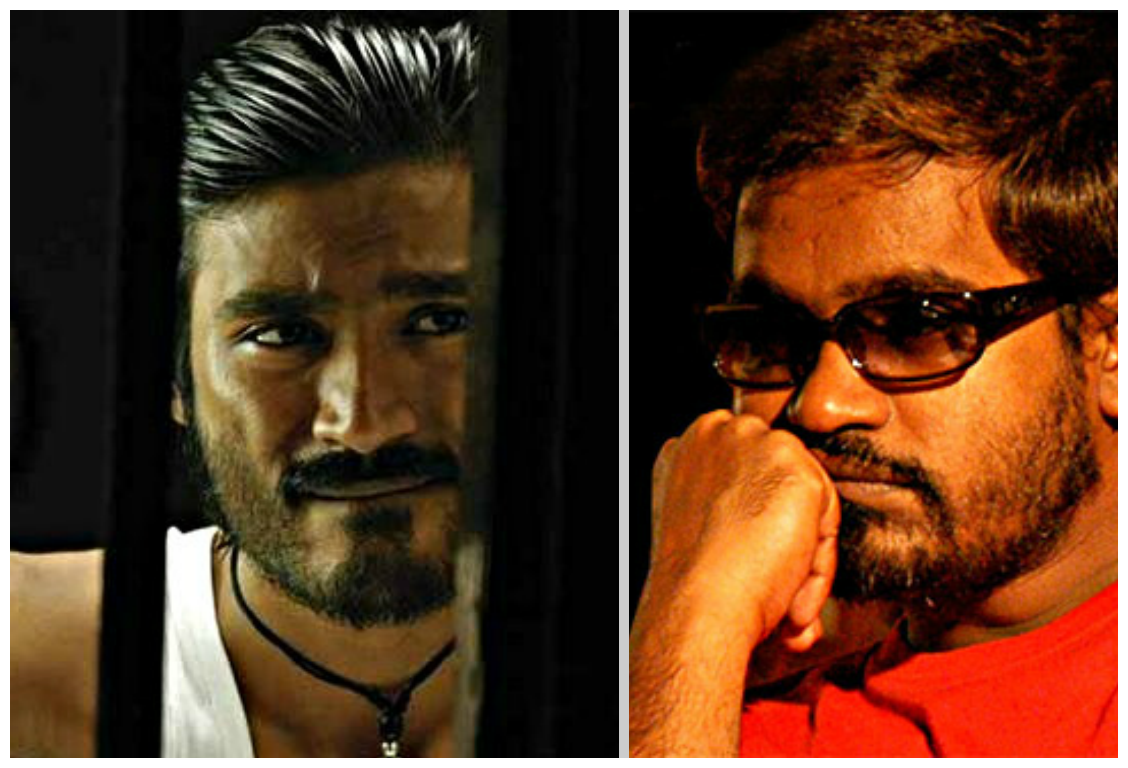
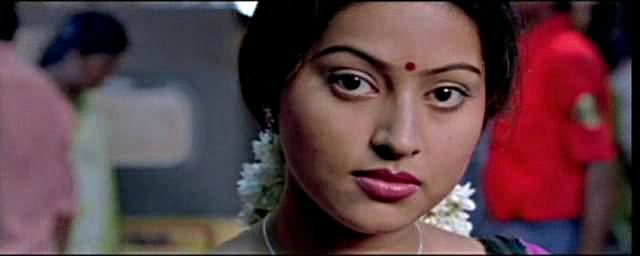
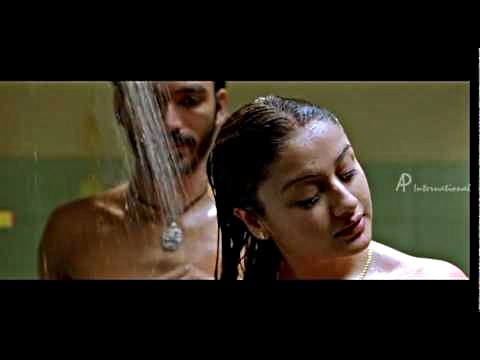
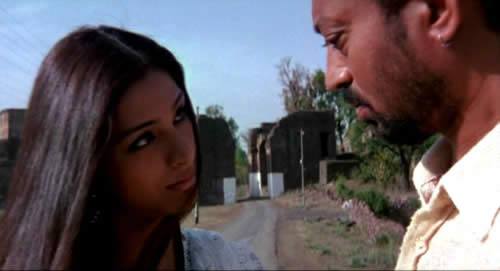

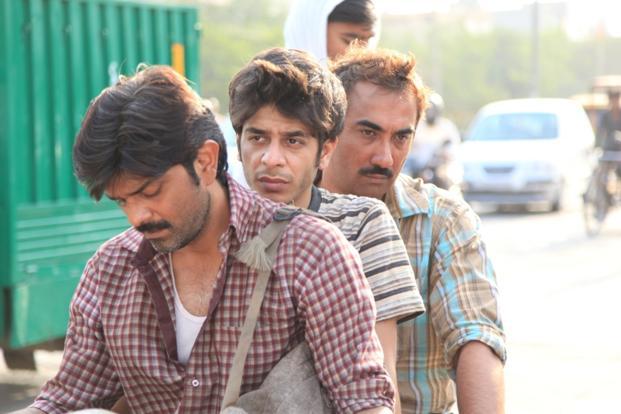
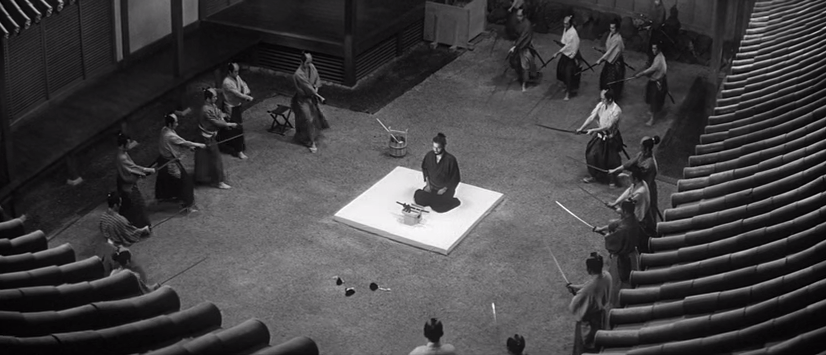




0 COMMENTS
WRITE COMMENT